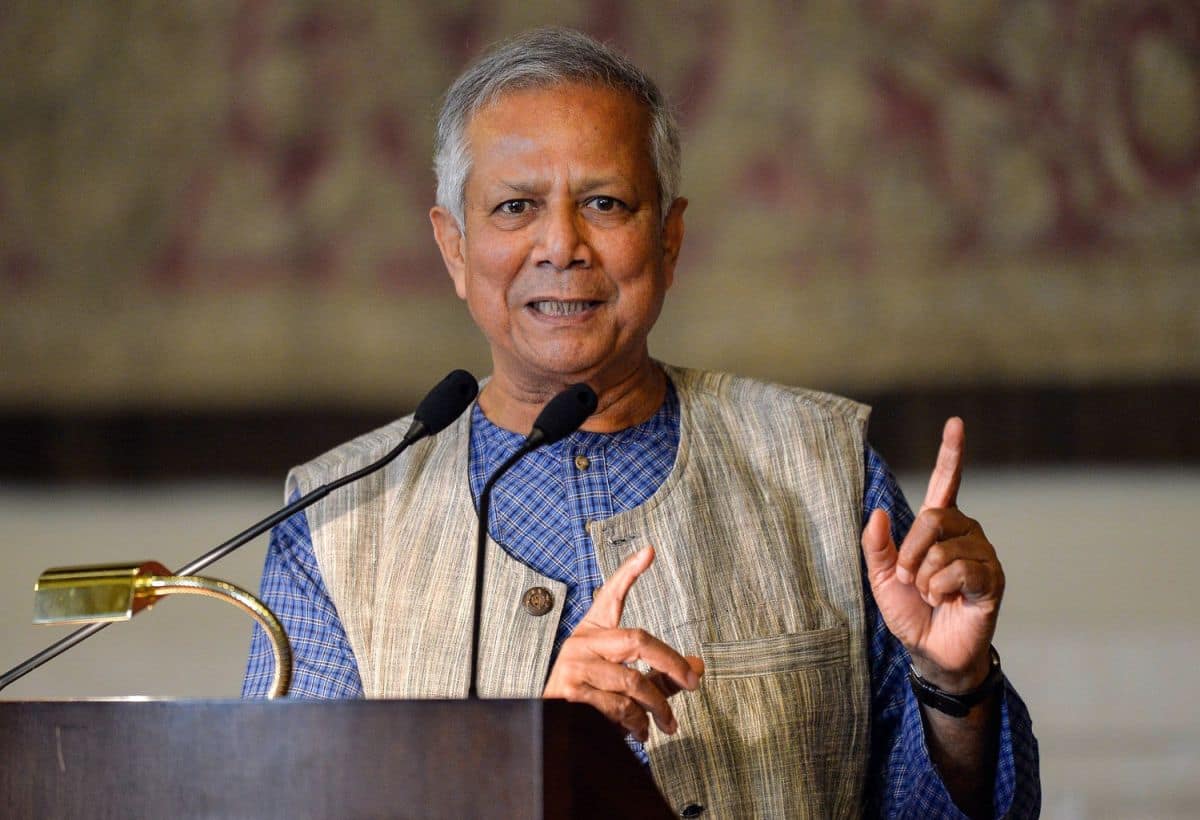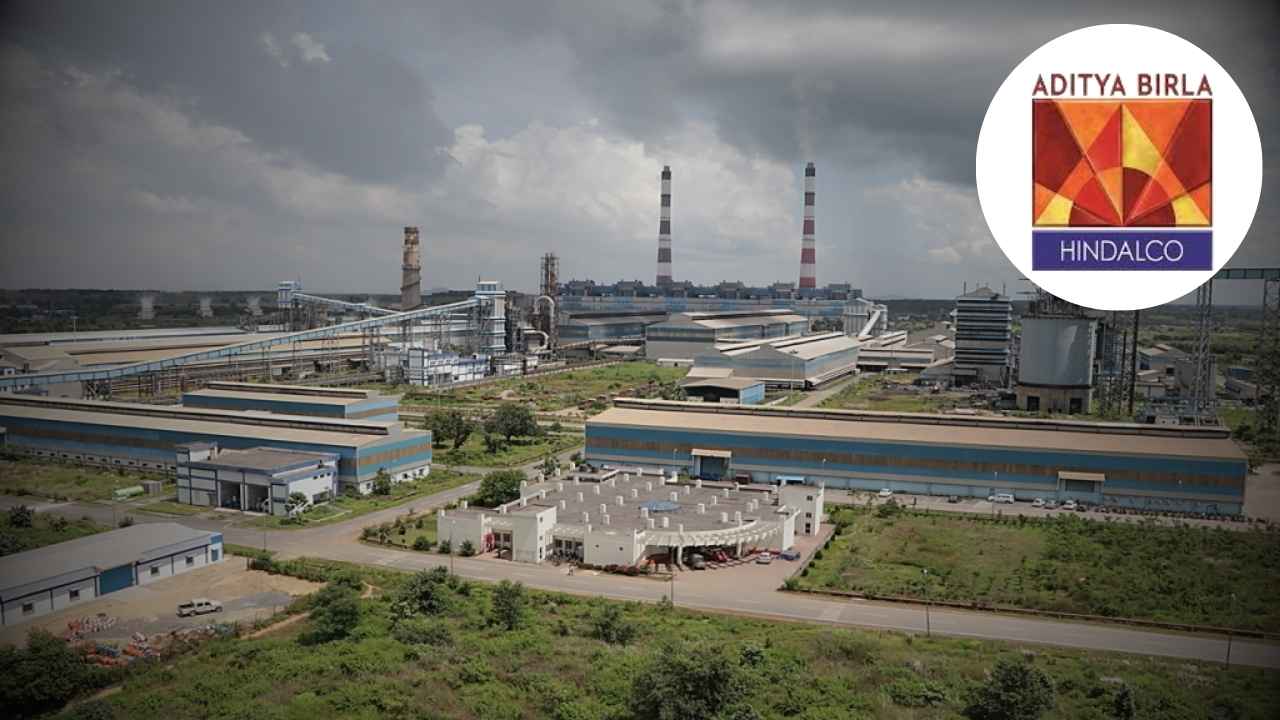Bangladesh in Turmoil: Major Diplomatic Changes Amidst Political Crisis
Bangladesh is currently facing significant political upheaval marked by a considerable diplomatic reshuffle. On October 2, the interim government, under the leadership of Nobel Peace Prize laureate Mohammad Yunus, announced the recall of five ambassadors, notably including the High Commissioner to India. According to a source from the Ministry of External Affairs, envoys stationed at various Permanent Missions, including those in New Delhi, New York, Brussels, Canberra, and Lisbon, are being summoned back to the capital, Dhaka.
This diplomatic shift comes on the heels of violent protests that led to the resignation of former Prime Minister Sheikh Hasina on August 5. Following her departure, significant political changes took place in which Mohammad Yunus assumed leadership as head of the interim government. With this new administration, there appears to be an urgent push to stabilize the governance structure in response to civil unrest.
The Ministry of External Affairs has instructed the five recalled envoys to hand over their duties efficiently and return home as soon as possible. Specific reasons for this recall have not been publicly detailed, igniting speculation about the future diplomatic relations between Bangladesh and neighboring countries, particularly India, with which it shares a lengthy 4,000 km border.
Previously, the Bangladesh government recalled its High Commissioner to the United Kingdom, Sayeeda Muna Tasneem, suggesting a broader reassessment of its diplomatic mission abroad following recent events. The changing political climate is further complicated by heightened tensions in bilateral relations after reports indicated over 700 fatalities stemming from protests that arose during the transition of power.
Communal Tensions and Concerns for Minority Rights
In the wake of the recent political shifts, concerns have been raised regarding the safety of minority groups in Bangladesh, particularly the Hindu community. Reports indicated that there have been acts of violence directed toward these groups, leading to apprehensions within the Indian government about the status of its expatriate community. The Bangladeshi government, however, has attributed the violence to political motivations rather than religious conflicts, urging for peace and stability.
As the situation evolves, the Bangladeshi government is committed to addressing these issues head-on. With the upcoming Durga Puja celebrations slated to take place from October 9 to October 13, the interim government has emphasized its dedication to ensuring a peaceful environment for the festivities. “This year’s Durga Puja celebration will be better than all previous ones,” stated Home Advisor Lieutenant General (retd) Mohammad Jahangir Alam, expressing the government’s determination to maintain order during the festival.
The Law and Order Advisory Council has convened discussions to strategize effective security measures for the Durga Puja festivities. The Dhaka Metropolitan Police, led by Commissioner Mohammad Mainul Hasan, has pledged to maintain a high level of alertness at all puja pavilions in the capital to protect the Hindu community during this significant cultural observance.
In summary, Bangladesh’s atmosphere is charged with political transitions, communal apprehensions, and imminent festive celebrations. The interim government, now under the direction of Mohammad Yunus, faces the dual challenges of stabilizing relations with its neighbors and ensuring public safety during a time of heightened emotional and political sensitivity.












